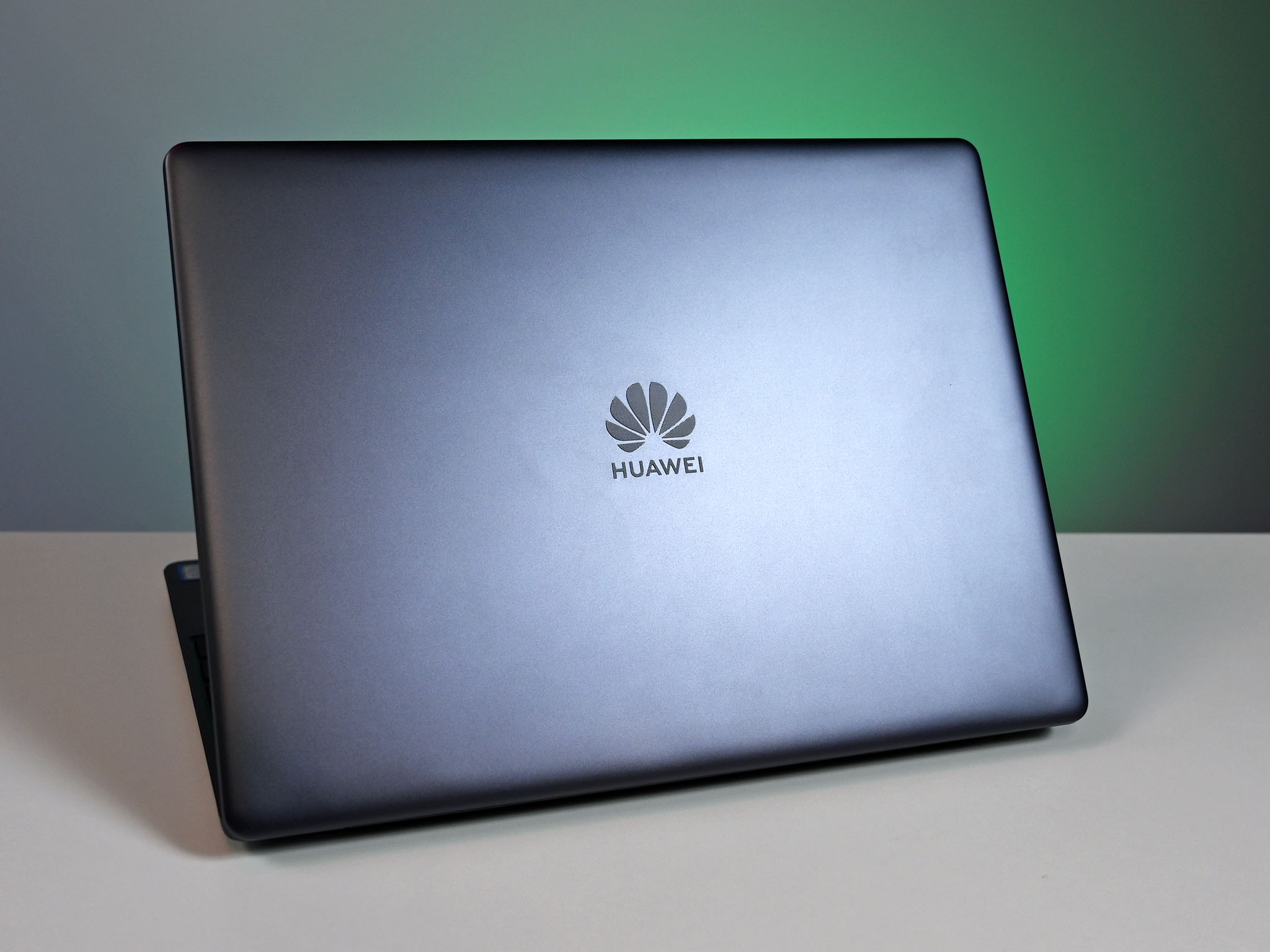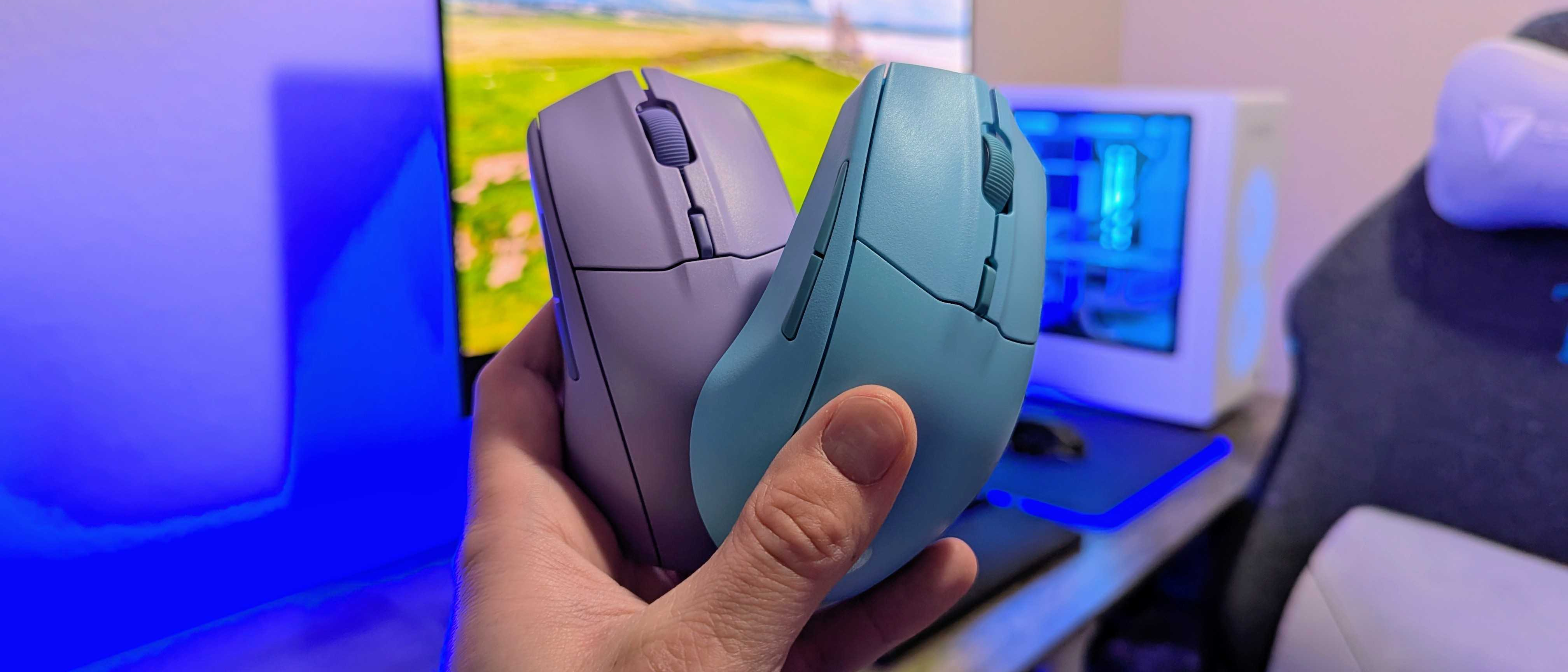US says 'no way Huawei,' imposes strict restrictions on laptop biz
Huawei's PC business could be at an end as a result of strict restrictions from the U.S. government.

What you need to know
- The Trump administration announced tighter restrictions on Huawei.
- The U.S. Commerce department announced it will expand upon its restrictions that it announced in May.
- The restrictions are aimed to prevent Huawei from obtaining semiconductors without obtaining a special license.
Huawei's PC business in the U.S. received another blow this morning, with the Trump administration announcing tighter restrictions on the company (via CNBC). The new restrictions expand upon the restrictions announced in May, but going back to June 2019. They prevent Huawei from obtaining semiconductors without a special license. Notably, the restrictions prevent Huawei from getting chips that are made by foreign firms that are developed or produced with U.S. software or technology. Reuters initially reported on the restrictions and contributed to CNBC's report.
On Monday, Secretary of State Mike Pompeo stated that the Commerce Department added 38 Huawei affiliates to the U.S. government's economic blacklists. With those 38 affiliates, the total count is now up to 152 Huawei affiliates on the blacklist.
Pompeo explained that the Trump administration is adding tighter restrictions to prevent Huawei from working around the U.S.'s limitations, stating that the rule changes "will prevent Huawei from circumventing U.S. law through alternative chip production and provision of off-the-shelf chips." He also added, "Huawei has continuously tried to evade" the restrictions set by the U.S. in May.
The Secretary of State also shared the Trump administration's stance on Huawei as a company, referring to it as "an arm of the Chinese Communist Party's surveillance. Pompeo stated:
The Trump Administration sees Huawei for what it is – an arm of the Chinese Communist Party's (CCP's) surveillance state – and we have taken action accordingly … We will not tolerate efforts by the CCP to undermine the privacy of our citizens, our businesses' intellectual property, or the integrity of next-generation networks worldwide.
Commerce Secretary Wilbur Ross said that Huawei used "evasive measures" to work around the U.S. government's May restrictions, including using third parties. Ross said to Fox Business that "The new rule makes it clear that any use of American software or American fabrication equipment is banned and requires a license."
Huawei did not provide a comment or response to CNBC. Though not in relation to these specific new restrictions, Huawei has denied that it spies on people for China in the past.
In addition to these new restrictions, the Commerce Department will now extend a temporary general license for users of Huawei devices and telecommunication providers. The previous license for these expired on Friday.
All the latest news, reviews, and guides for Windows and Xbox diehards.
The new restrictions are valid immediately and deal a significant blow to any prospect of Huawei selling new PCs, including its popular MateBook X Pro laptop. Because the restrictions don't just affect sales in the U.S. but affect utilizing technology developed by U.S. companies, Huawei faces incredible hurdles to manufacture PCs. Without special licenses, Huawei is unlikely able acquire new technology from Intel, AMD, or any Windows operating system.

Sean Endicott is a tech journalist at Windows Central, specializing in Windows, Microsoft software, AI, and PCs. He's covered major launches, from Windows 10 and 11 to the rise of AI tools like ChatGPT. Sean's journey began with the Lumia 930, leading to strong ties with app developers. Outside writing, he coaches American football, utilizing Microsoft services to manage his team. He studied broadcast journalism at Nottingham Trent University and is active on X @SeanEndicott_ and Threads @sean_endicott_.
